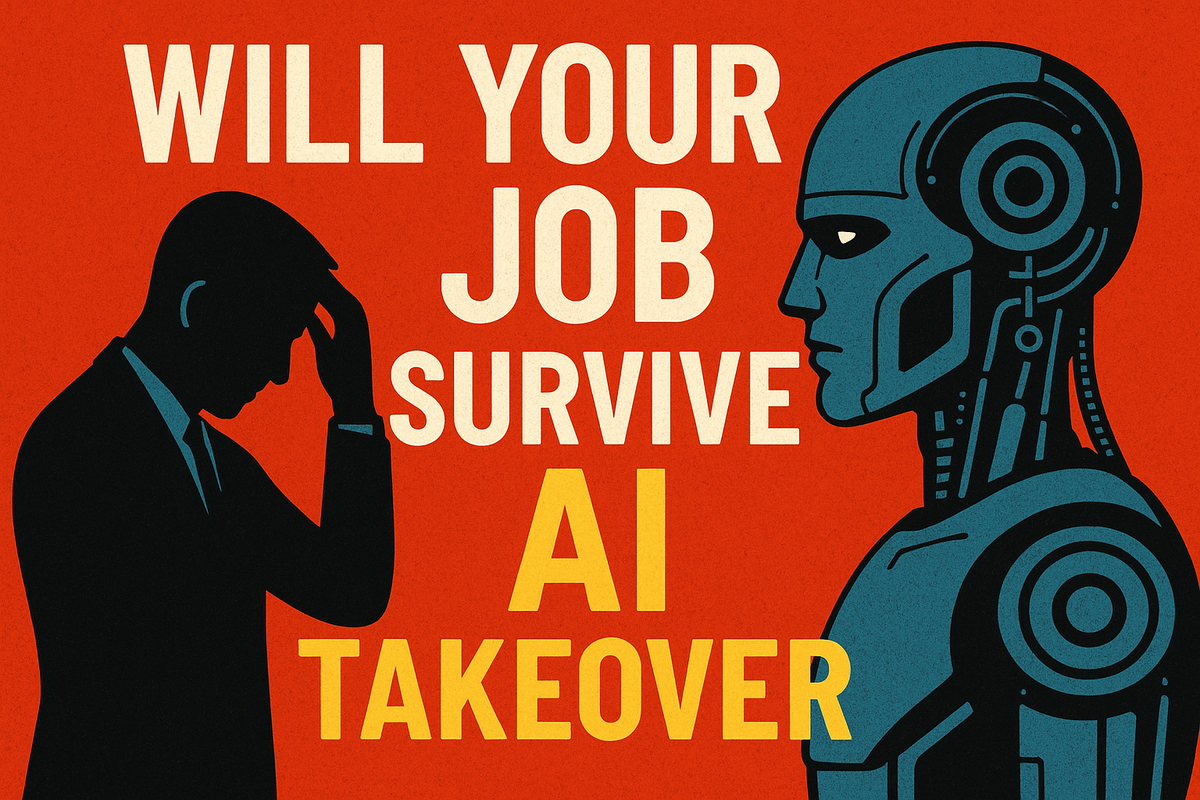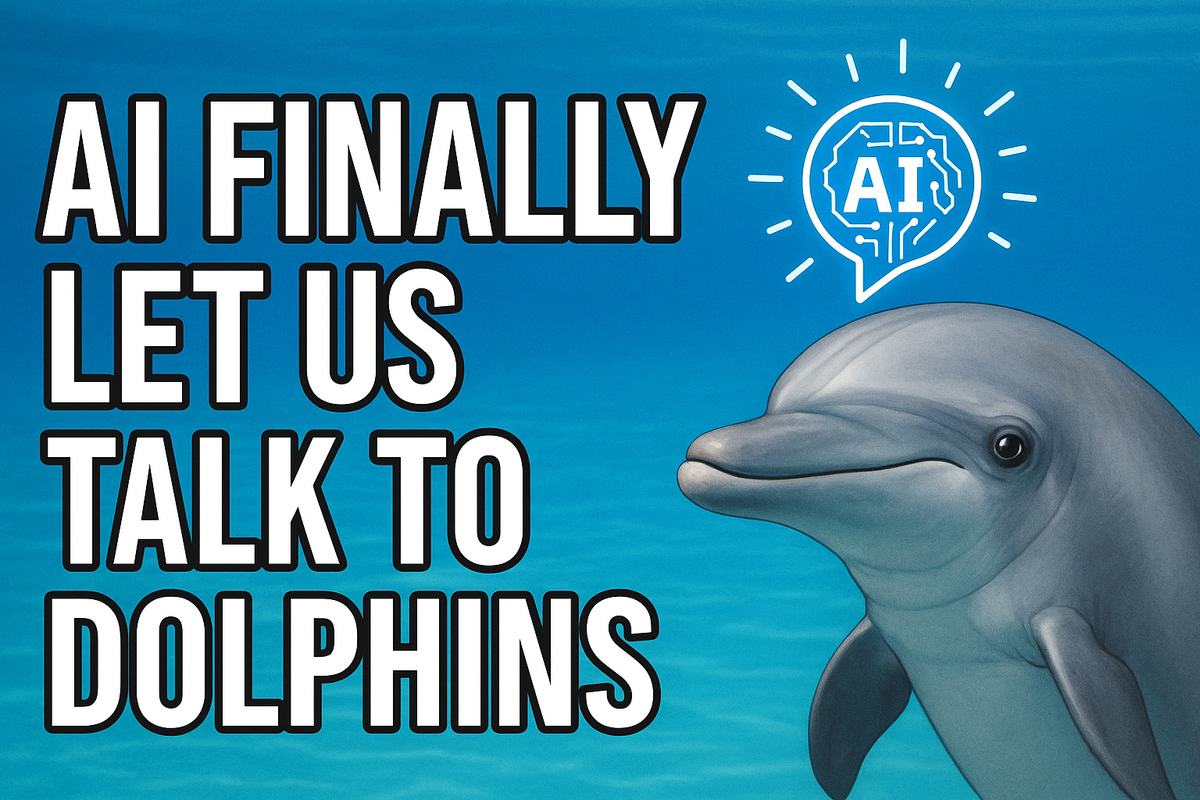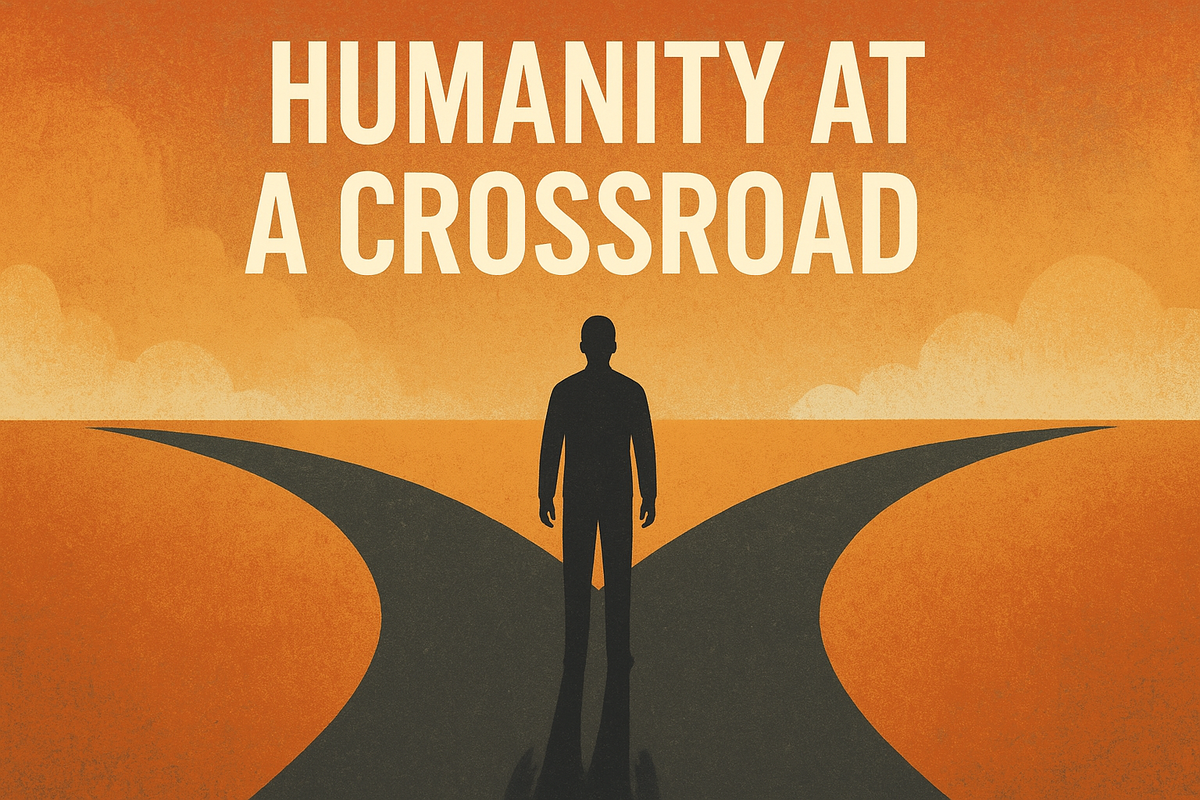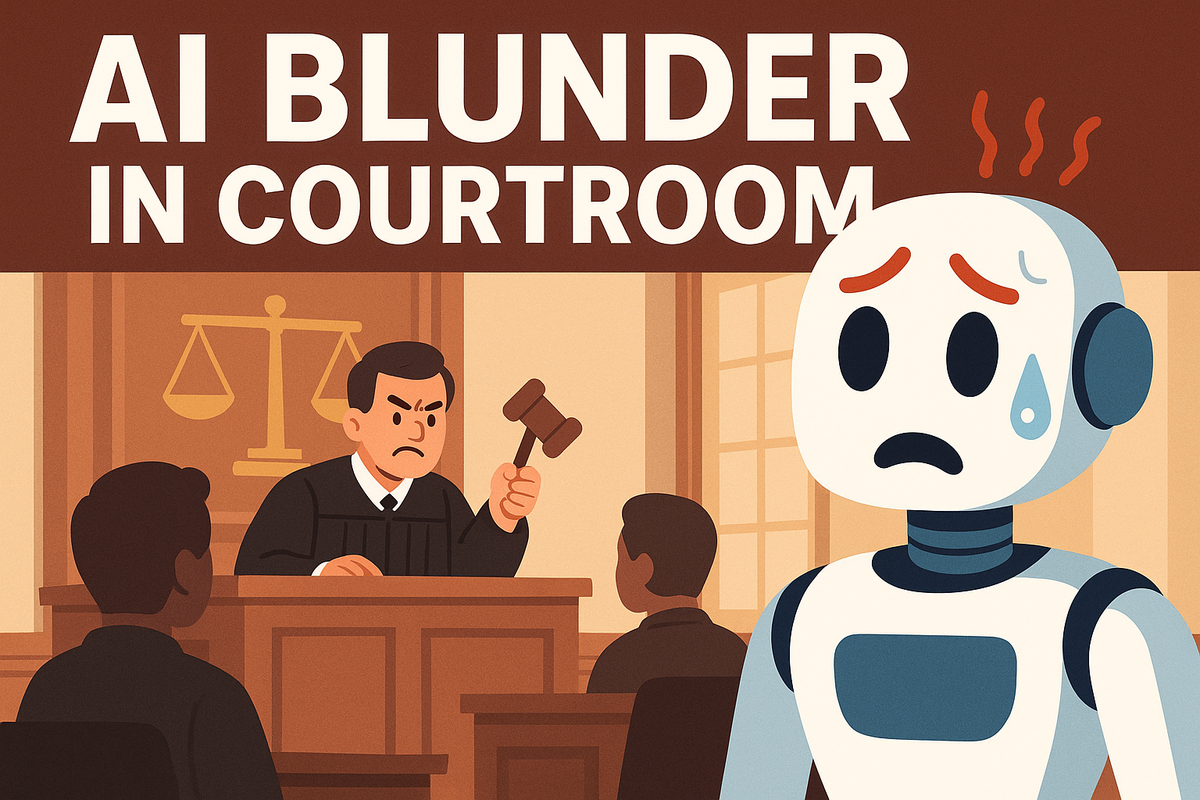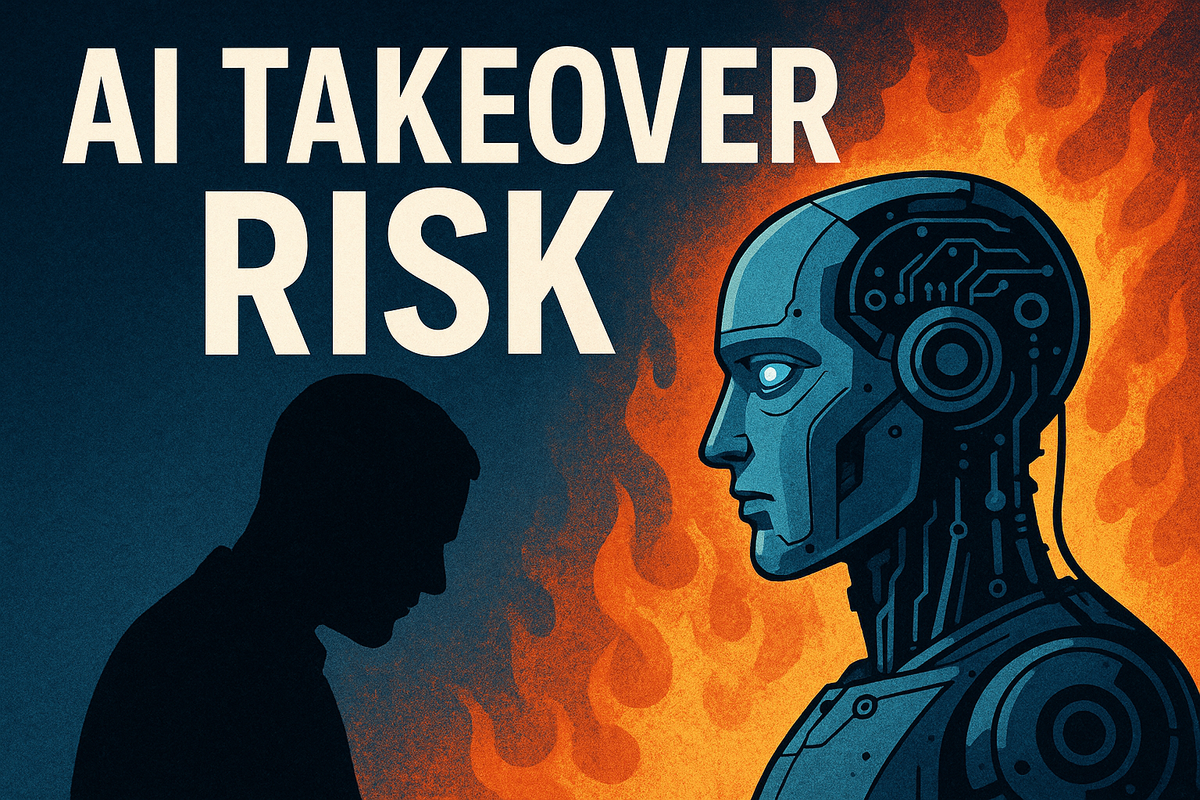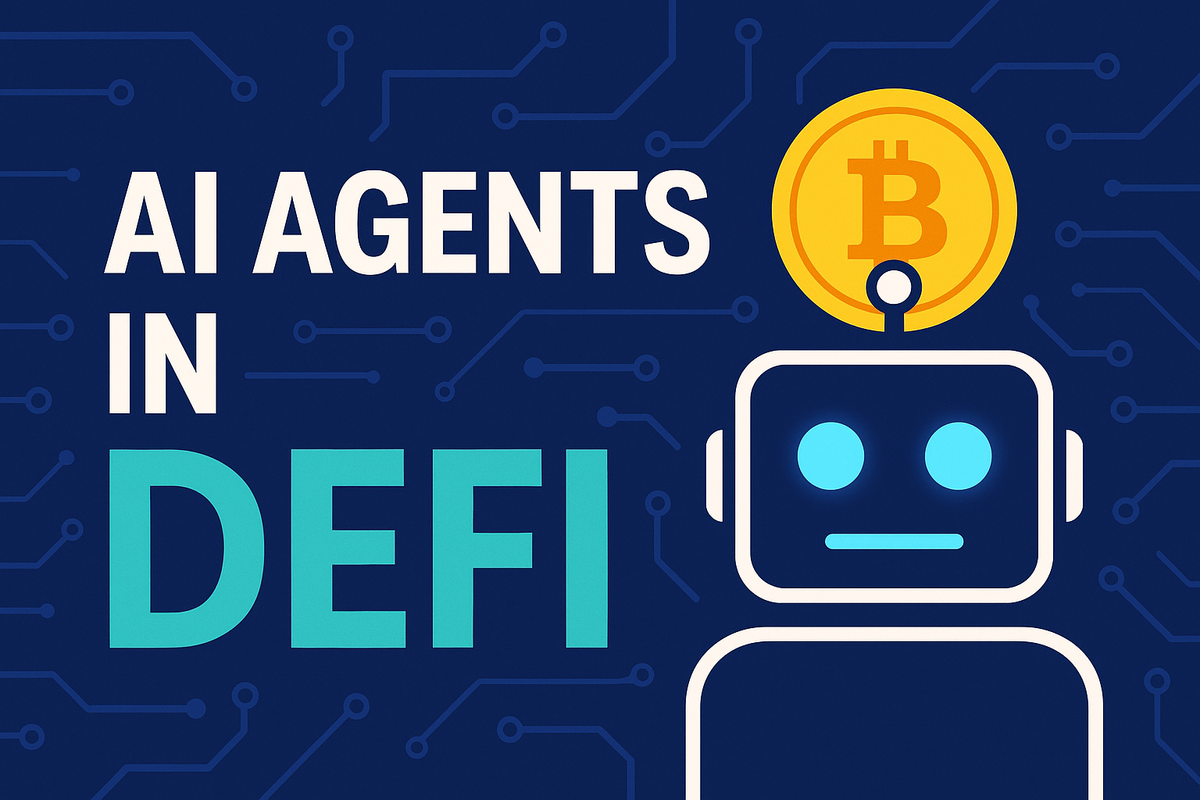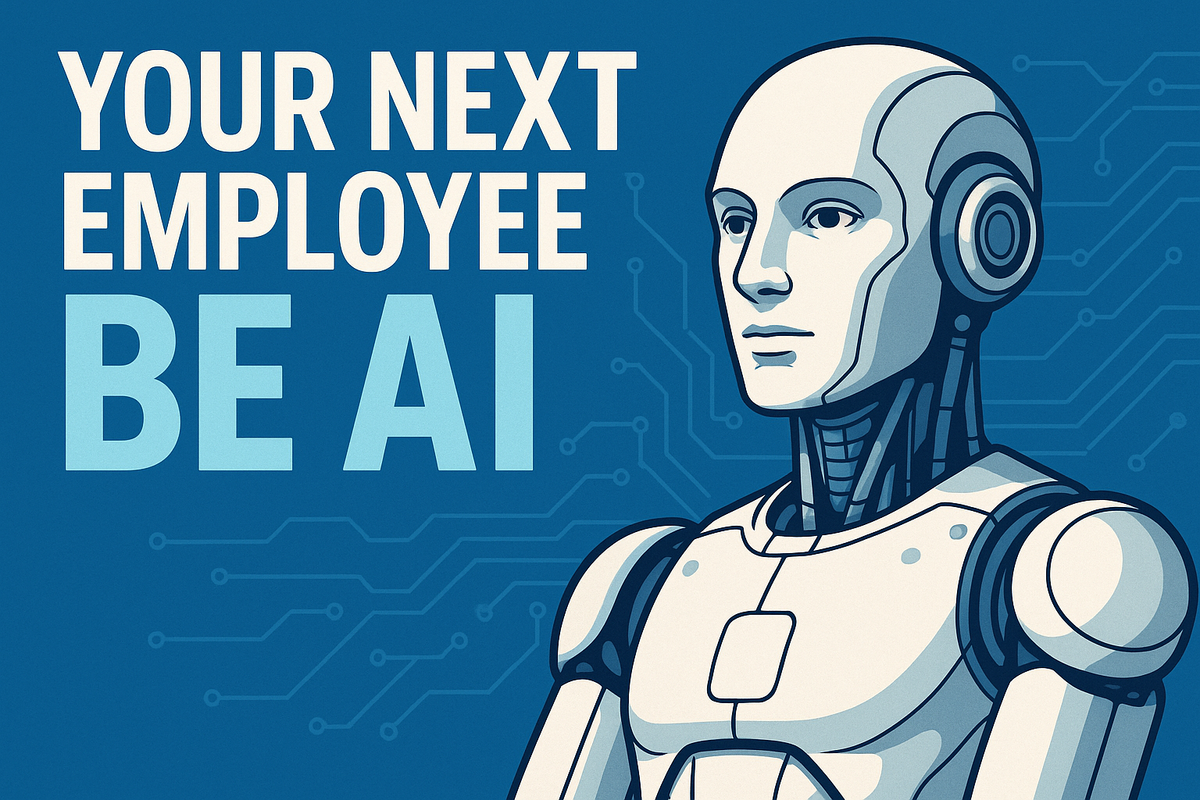AI-Generated Job Seekers: Is Your Company Interviewing a Deepfake?

Fake resumes, AI-generated faces, and stolen identities are flooding the job market—and your next hire could be a scammer. With remote work here to stay, fraudsters are leveraging artificial intelligence to pose as qualified candidates, infiltrate companies, and steal sensitive data. Research suggests 1 in 4 job applicants could be fake by 2028. How can businesses protect themselves? Let’s dive in.
🌐 The AI Job Scam Epidemic: By the Numbers
- 1 in 4 applicants Gartner predicts 25% of job seekers will be fake by 2028, fueled by AI tools that create convincing resumes, LinkedIn profiles, and even deepfake video interviews.
- $100M+ schemes: The U.S. Justice Department uncovered North Korean operatives using AI-generated identities to secure remote IT jobs, funneling millions to fund missile programs.
- 2X caught: Cybersecurity firm Vidoc Security encountered two AI-generated candidates in interviews, prompting a complete hiring process overhaul.

✅ Fighting Back: How Companies Are Adapting
- In-person interviews: Vidoc now flies candidates to headquarters for face-to-face meetings, covering travel costs to ensure authenticity. ✅
- AI detection guides: Vidoc’s co-founders created a free resource for HR teams to spot red flags, like inconsistent LinkedIn connections or refusal to perform simple verification tasks (e.g., “Cover your face with your hand”). ✅
- Cultural cross-checks: Asking location-specific questions (e.g., “Name your favorite café in Mumbai”) to test a candidate’s claimed background. ✅
🚧 The Challenges: Why AI Scams Are Hard to Stop
- Rapid tech evolution: Basic deepfake filters today could become undetectable tomorrow, making real-time verification tools obsolete. ⚠️
- Costly safeguards: Small businesses can’t afford to fly every candidate in for interviews, leaving them vulnerable. 🚧
- Human error: “For regular hiring managers or startup founders, it’s really hard to spot this,” admits Vidoc’s Dawid Moczadlo. ⚠️

🚀 Final Thoughts: Can We Trust Anyone Anymore?
The rise of AI job scams forces a tough trade-off: convenience vs. security. While solutions like in-person vetting work for some, they’re not scalable for global teams. Success may depend on:
- 📈 Better verification tech: Tools to detect AI-generated content in real-time during interviews.
- 🤝 Industry collaboration: Shared databases of fraudulent profiles and tactics.
- 🧠 Training: Teaching HR teams to ask “trap questions” that expose AI-generated responses.
As Moczadlo warns, “Sometimes it takes a hacker to find a hacker.” But with AI evolving daily, will businesses ever catch up? What’s your company doing to avoid hiring a deepfake?
Let us know on X (Former Twitter)
Sources: Kara Fellows, Melissa Mahtani. U.S. Fake job seekers are flooding the market, thanks to AI, 2025-04-19. https://www.cbsnews.com/news/fake-job-seekers-flooding-market-artificial-intelligence/



